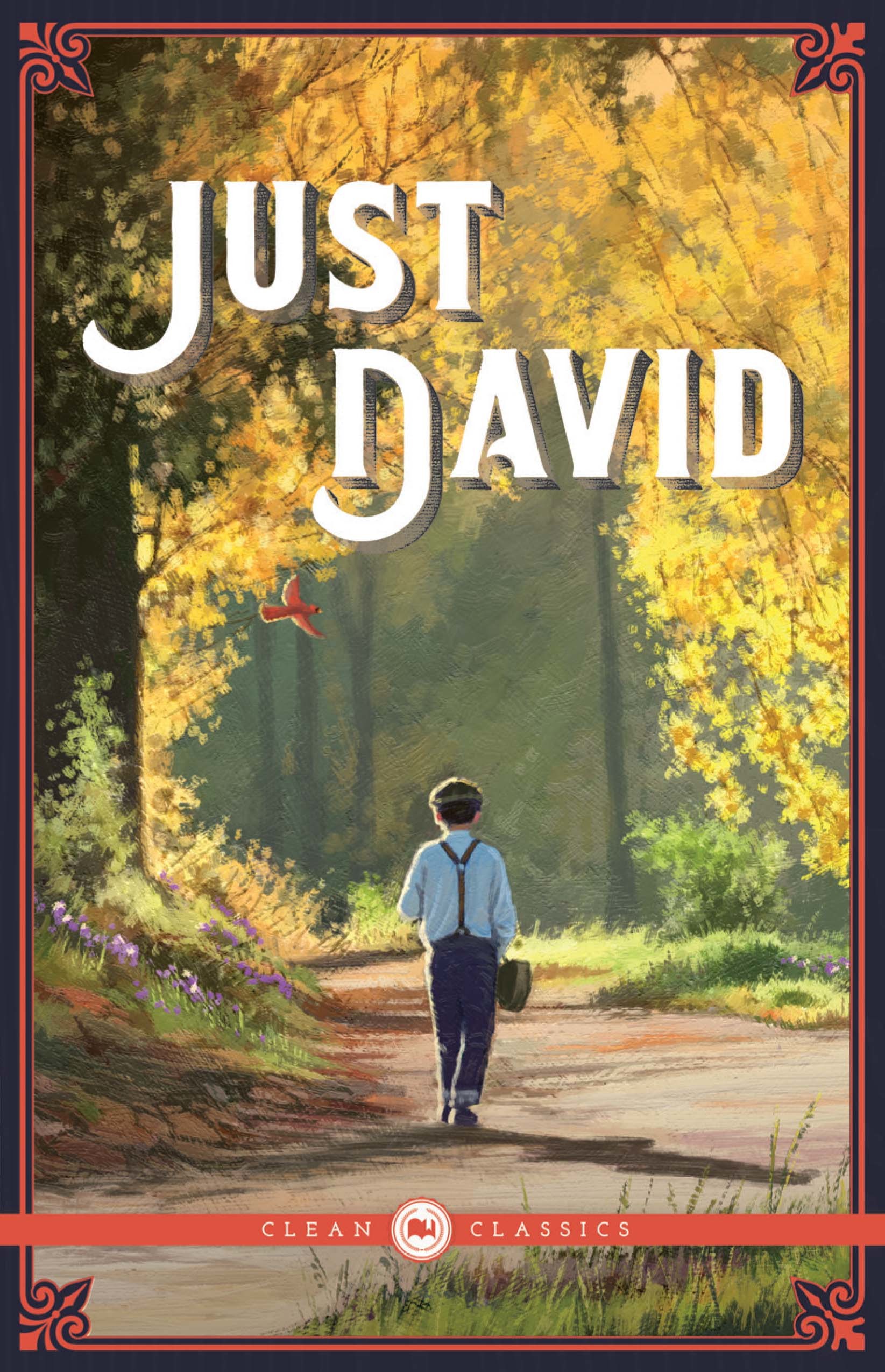The Puzzling “Dos” and “Don’ts”
byThe Puzzling “Dos” and “Don’ts” quietly captures the widening gap between David’s inner world and the everyday expectations placed upon him. With each new rule he’s asked to follow, David tries to balance his desire to please with his need to understand why beauty must be sacrificed for labor. Pulling weeds and chopping wood make sense in routine, but lying under apple trees and watching clouds still feel more real to him. That contrast is not lost on David, and he begins to notice how often his natural instincts are at odds with the structured way of farm life. The tension grows more pronounced when his time outdoors leads him to a crow tied cruelly in the cornfield. The bird’s struggle mirrors David’s own discomfort. Releasing the crow is not just a kind act—it’s an expression of his values, a silent protest against practices that hurt without reason.
Perry Larson, seeing the freed crow, cannot hide his frustration. From his point of view, the bird was a practical solution to a real problem, not a creature with a soul or rights. David, however, does not separate utility from kindness. To him, no amount of crop-saving could justify a creature’s suffering. This disagreement becomes more than just a debate over farming methods; it highlights a deeper divide between worldviews. David’s reaction is not rebellious—he simply cannot live without compassion. That same day, he notices how these differences stack up, how often people choose efficiency over empathy. Despite Perry’s anger, David’s conscience remains clear. It isn’t defiance; it’s who he is.
The tension escalates when David encounters two village boys boasting about their cruel pastime. Hearing them brag about hurting animals makes him feel sick. Their laughter, sharp and mocking, contrasts with the gentle reverence David holds for life. He doesn’t fight them physically but confronts them with something more unsettling—his absolute calm. His confidence in defending even the smallest life leaves the boys shaken. They run, but the moment stays with David. This scene marks a turning point. For the first time, he sees clearly that not everyone sees animals or beauty the way he does. And that realization, though painful, helps him better understand his role.
Back at the Holly farmhouse, the story of the crow reaches Mr. and Mrs. Holly, who struggle to interpret David’s choices. They don’t see cruelty in Perry’s actions, only practicality. David, unable to explain himself in terms they accept, quietly accepts their disappointment. But within him, something has shifted. He starts to question whether fitting in means losing what he believes. These thoughts aren’t bitter. They’re thoughtful, shaped by the gentle rhythm of his past with his father and the confusing new rhythm of farm life. He tries to follow the “dos,” but can’t ignore the “don’ts” that feel like small betrayals of the beauty he once knew.
There’s power in how David’s character continues to be shaped not by lectures but by living examples. When he sees animals suffering, his reaction is instinctive. When people laugh at pain, he cannot join in. These moral tests, though simple, offer insights into his development. He is learning how to hold onto his principles even when others mock them. That quiet resistance makes his journey more compelling. He doesn’t preach, yet his actions challenge everyone around him. This subtle strength—this ability to lead by example—becomes the force that gradually softens even the most rigid minds.
The chapter ends without resolution, but it plants seeds for what’s coming. David’s heart remains open, even as the world around him seems determined to harden his edges. He is still learning, still stumbling, but always returning to what his father taught him: that beauty, when seen with the right eyes, is everywhere. The puzzling rules of the village may shape his days, but they cannot shape his spirit. And that quiet insistence—that kindness matters even when it’s inconvenient—is what makes David’s presence in the village so quietly transformative. His choices, though small, are reshaping the world around him.

